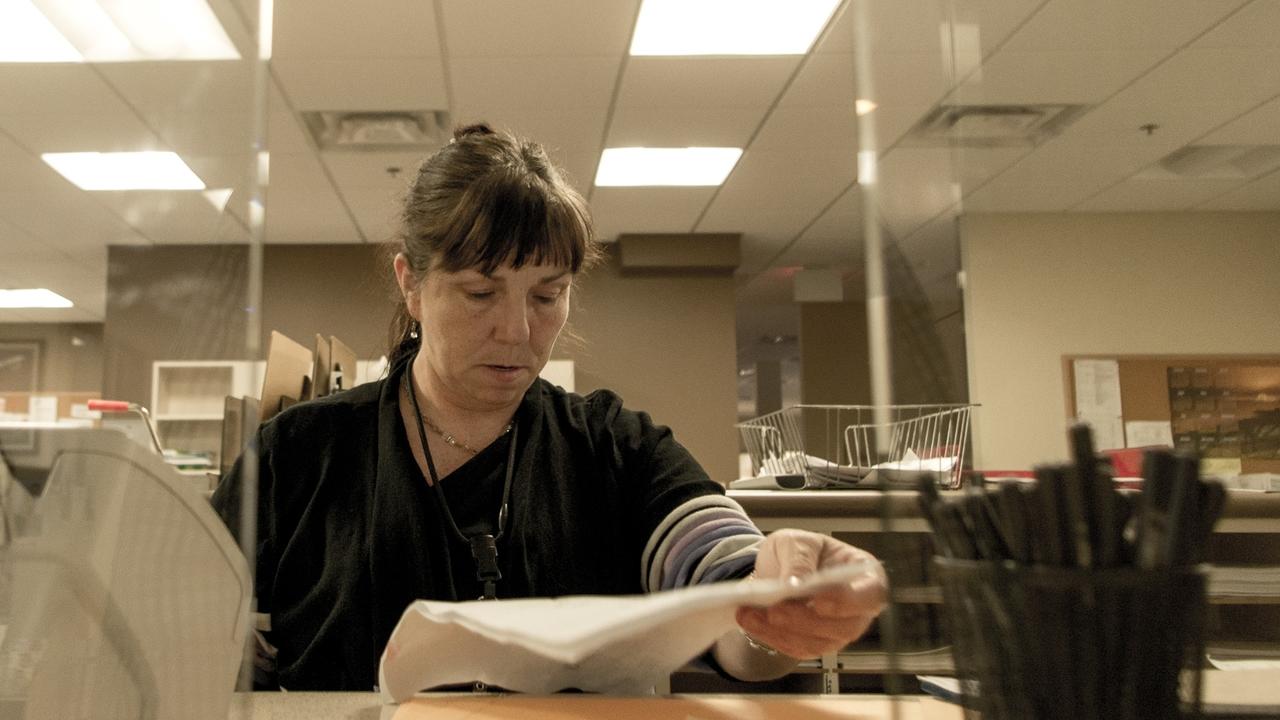Social Security, Coronavirus and Wellbeing

Covid-19 has led to many people losing jobs and income. As a result, many people have found themselves accessing the social security system for the first time.
For instance, in May of this year the number of Universal Credit claims reached record levels.
For those now receiving or applying for Universal Credit - the main benefit for those of working age – for the first time, this can be a confusing experience and can lead to stress and worry.
With unemployment expected to rise further, it is likely that many more people will be applying for Universal Credit in the coming months.
The Institute for Fiscal Studies (IFS), an economics think tank, has suggested that the total amount of welfare spending for those of working-age is likely to rise to its highest ever level.
Despite this need, the welfare system in the United Kingdom currently gives lower levels of financial support to claimants than in most comparable nations.
Without this safety net, many people will find themselves in arrears in their rent or mortgage payments, with the threat of eviction and homelessness. This can leave people reliant on donations from foodbanks and unable to afford basic necessities.
Here we have a quick guide to the UK’s benefit system and some links to relevant support and guidance. We hope that this guidance can help readers better navigate the system and prevent confusion.
What is Universal Credit?
Universal Credit is a social security payment which combines six previous benefits into one, for working-age people on a low income.
It is paid monthly, with a 5 week wait for the first payment. Claimants can receive an emergency loan within that period if needed but this must be repaid from later payments.
To be eligible for Universal Credit you must be:
- Unemployed or on a low income;
- over 18 years old; and under the state pension age.
However those with savings of £16,000 or more are not eligible.
Due to the pandemic, Universal Credit has been temporarily increased in two ways. Firstly, payments were increased across the board by £20 per week. Secondly, payments for housing costs have also been restored to previous housing benefit levels.
Are there other welfare payments?
Those with disabilities or health conditions may be able to apply for other payments, including Employment and Support Allowance (ESA) and Personal Independence Payments (PIP)
Those on the state pension can also apply for Pension Credit, a payment which ensures that no pensioner’s income falls below a certain level.
The Impact on Wellbeing
Aspects of the social security system can have a negative impact on people’s wellbeing. A study from The Lancet looking at claimants between 2013 and 2018 found that Universal Credit led to an increase in psychological distress among recipients.
Mind have highlighted that the threat of sanctions, reductions in people’s benefit payments for missing meetings or not meeting targets, has led to anxiety and a sense of pressure. While the Trussell Trust have suggested that the five week waiting period can put people ‘at risk of anxiety’.
Advice and Support
Remember you are not alone.
There is plenty of advice and support available.
We know that finding the right advice can help you feel less uncertain and be a step toward better wellbeing.
Citizen’s Advice are offering advice for those receiving or applying for Universal Credit, Pension Credit, ESA and PIP.
You can also check your eligibility for different social security payments at gov.uk:
